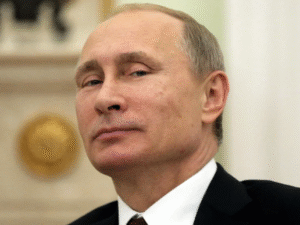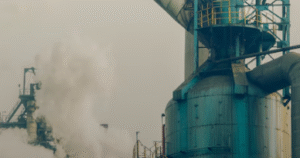$XLE $GLD $HAL
#SudanConflict #OmdurmanBattle #RapidSupportForces #SudaneseArmy #GeopoliticalRisk #AfricanPolitics #CivilWar #MarketVolatility #DefenseStocks #GoldInvesting #EnergySector #GlobalSecurity
In a significant escalation of Sudan’s ongoing civil war, the Sudanese army has ramped up its military offensive on the city of Omdurman, strategically located across the Nile from Khartoum, marking a notable shift in the conflict’s dynamics. This aggressive maneuver aimed at dislodging the Rapid Support Forces (RSF) paramilitary forces underscores a crucial development in a conflict that has largely been characterized by a bloody stalemate over the past two years. Despite the Sudanese army’s proclamation of victory within the capital, the reality on the ground tells a more complex story, with the RSF maintaining control over parts of Omdurman and increasingly diverting its attention and resources towards western Sudan.
The persistence of RSF forces in their strongholds outside Khartoum, despite the army’s claimed victories, signals a protracted conflict with no clear end in sight. This presents a considerable challenge not only to Sudan’s internal stability but also to regional peace and security. The RSF’s strategic redirection to the west indicates a potential broadening of the conflict zone, which could exacerbate the already dire humanitarian situation and possibly destabilize neighboring countries by fueling cross-border tensions and displacing populations.
On the geopolitical front, Sudan’s civil war has significant implications for global markets, particularly within the energy and precious metals sectors. The conflict’s intensification could lead to heightened geo-political risks, influencing global oil supply dynamics and potentially triggering fluctuations in global oil prices, considering Sudan’s role as a minor oil producer with strategic geographical positioning near key Red Sea shipping lanes. Similarly, as investors gravitate towards safe-haven assets amid increasing geopolitical tensions, gold prices could experience volatility, impacting investments in precious metals.
Moreover, the extended nature of this conflict poses considerable risks for foreign investments in the region, particularly in sectors like mining, where Sudan has historically been of interest due to its mineral wealth. International corporations and investors with exposure to Sudanese assets will need to closely monitor the situation, adjusting their risk management strategies accordingly. The ongoing violence underscores the complex web of challenges facing Sudan, from governance issues and economic instability to regional security concerns, all of which demand a nuanced understanding of the interplay between local political dynamics and broader geopolitical interests.







Comments are closed.